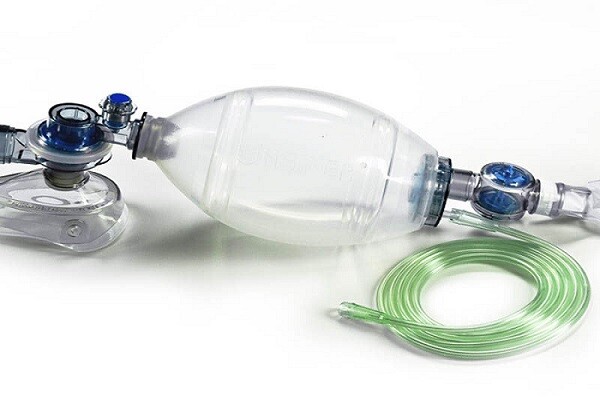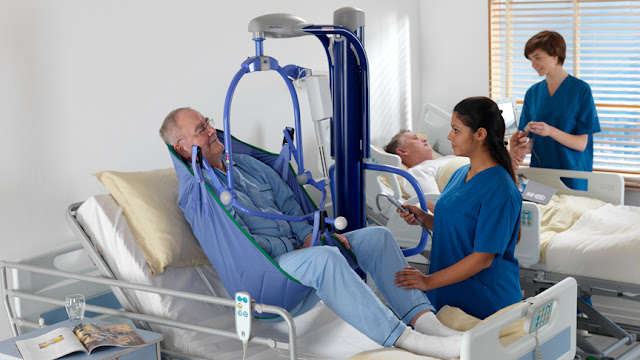Understanding Lactulose: Uses and Benefits of Lactulose
 |
| Lactulose |
Lactulose is a synthetic disaccharide that is commonly
used as a treatment for constipation and hepatic encephalopathy. In this
article, we will look deeper into what lactulose is, how it works in the body,
its uses and benefits.
What is Lactulose?
Lactulose is a synthetic sugar that is not digested by the human body. It
is made up of the natural sugars galactose and fructose bonded together. When
consumed, lactulose slowly moves through the digestive tract where it is
fermented by gut bacteria in the large intestine. The fermentation process
produces organic acids like lactate, formate and acetate which help to soften
stool and promote more frequent bowel movements.
Composition and Production
While Lactulose
is not found naturally in food, it closely resembles the disaccharide lactose which
is present in dairy products. However, lactulose contains a beta linkage
between the galactose and fructose units instead of an alpha linkage like in
lactose. This small difference allows lactulose to pass through the small
intestine without being broken down by digestive enzymes. It is produced
industrially by the isomerization of lactose in an acidic solution. The
manufacturing process yields a mixture containing 60-70% lactulose along with
some unreacted lactose.
Mechanism of Action
When consumed, lactulose is not absorbed in the small intestine due its
molecular structure. It moves through to the colon where it acts as a
prebiotic, feeding beneficial gut bacteria. The bacteria ferment lactulose
leading to the production of organic acids and gas. This lowers the pH of the
colon contents, inhibiting the growth of pathogenic ammonia-producing bacteria.
It also draws water into the colon by osmosis, which softens stool. The
increased intestinal motility helps encourage more frequent bowel movements, alleviating
constipation.
Uses and Benefits of Lactulose
Treatment of Constipation
As Lactulose
promotes softer stool and bowel regularity, it is very effective at treating
occasional constipation. For chronic idiopathic constipation not responding to
fiber and lifestyle changes, lactulose can help regulate bowel movements. It
works within 1-2 days for most people when taken as directed.
Hepatic Encephalopathy Prevention
In people with liver damage or disease, excess ammonia produced in the
colon travels through the blood to the brain. This can cause hepatic
encephalopathy, a type of brain dysfunction. Lactulose helps prevent this
condition by lowering colonic ammonia levels through bacterial fermentation. It
is one of the standard first-line treatments for both acute and maintenance
therapy of hepatic encephalopathy.
Other Uses
Some other conditions lactulose may help with include diverticulitis, irritable
bowel syndrome with constipation, and prevention of portosystemic
encephalopathy in people with portal hypertension awaiting liver transplant. It
is also used prior to diagnostic procedures like barium enema to provide proper
bowel cleansing.
Lactulose comes as a syrup containing 3.1-3.7 grams of lactulose per
teaspoon. The standard starting dose for constipation is 15-30 ml once or twice
daily until relief occurs. For hepatic encephalopathy, the dose is typically
30-60 ml 3-4 times daily but it varies per individual. Side effects may include
abdominal bloating, cramping and flatulence due to gas production in the colon.
Lactulose is generally well tolerated and safe for long-term use when taken as
prescribed.
Lactulose is a prebiotic treatment that works by bacterial fermentation in the
colon. It promotes bowel regularity through stool softening and increased
intestinal motility, proving effective for both constipation and hepatic
encephalopathy. With correct dosage and use as directed by a physician,
lactulose offers a gentle and low-risk option for several gastrointestinal
conditions. It remains one of the safest and most economical treatment choices
available.
For more insights, Read- https://www.marketwebjournal.com/lactulose-trends-size-and-share-analysis/
Explore
more related trending articles: https://coolbio.org/system-on-a-chip-soc-the-future-of-electronics/



Comments
Post a Comment